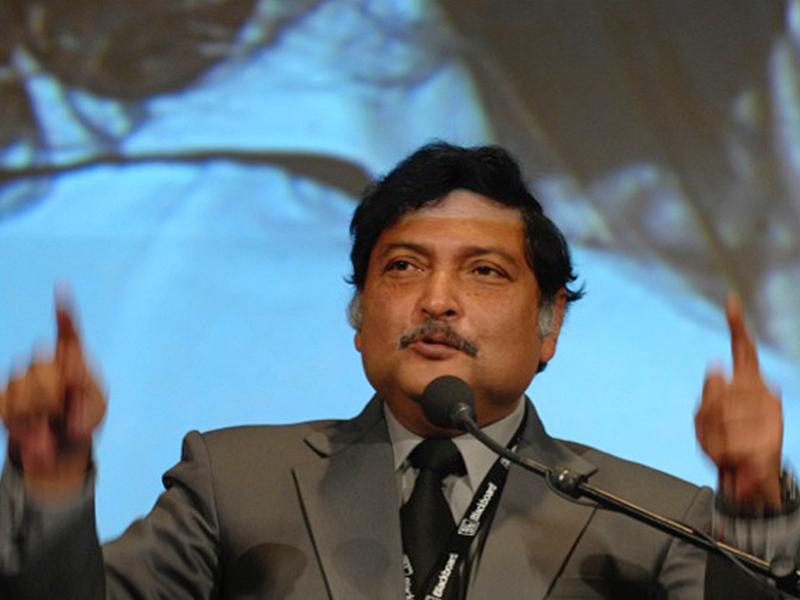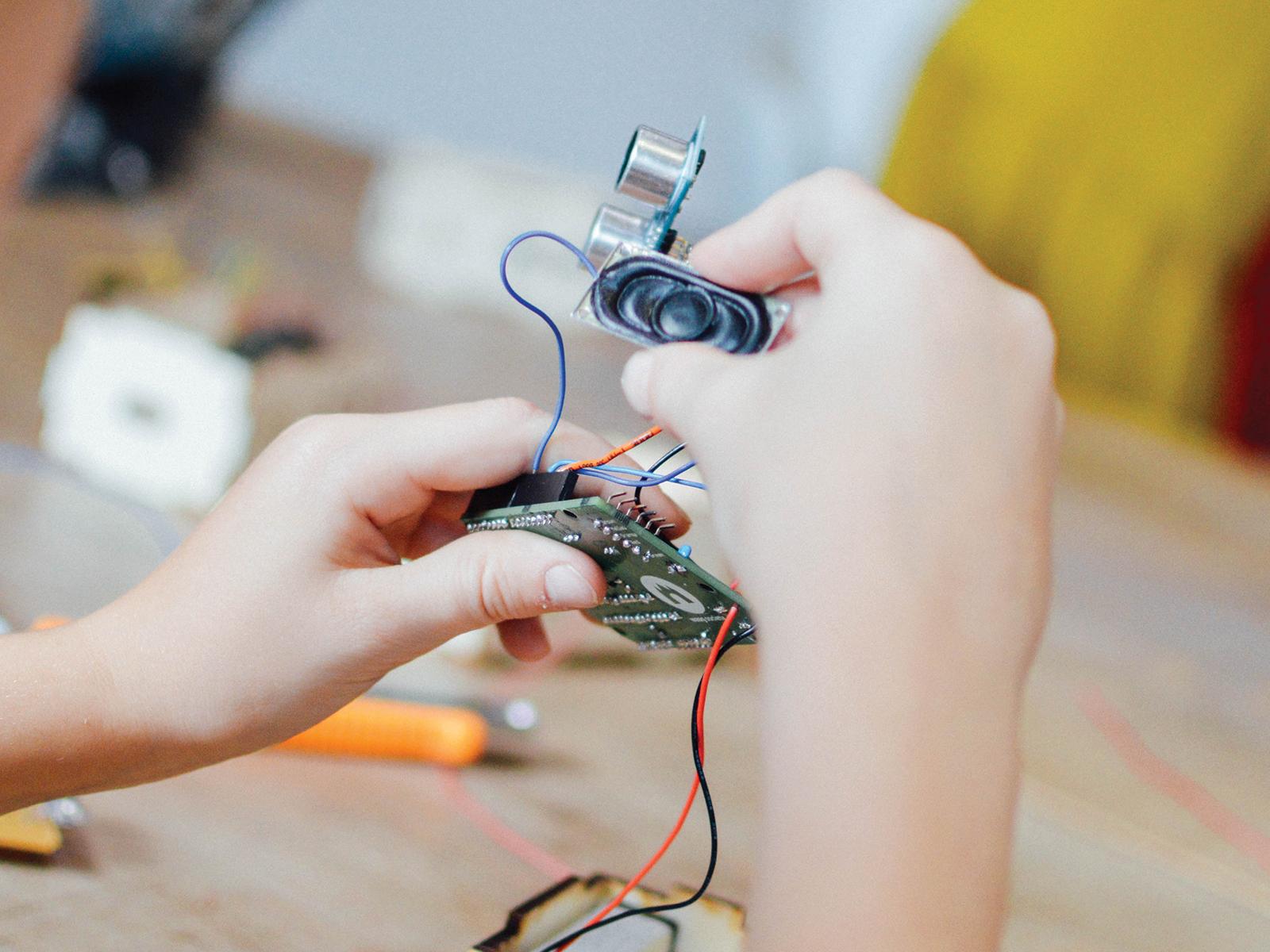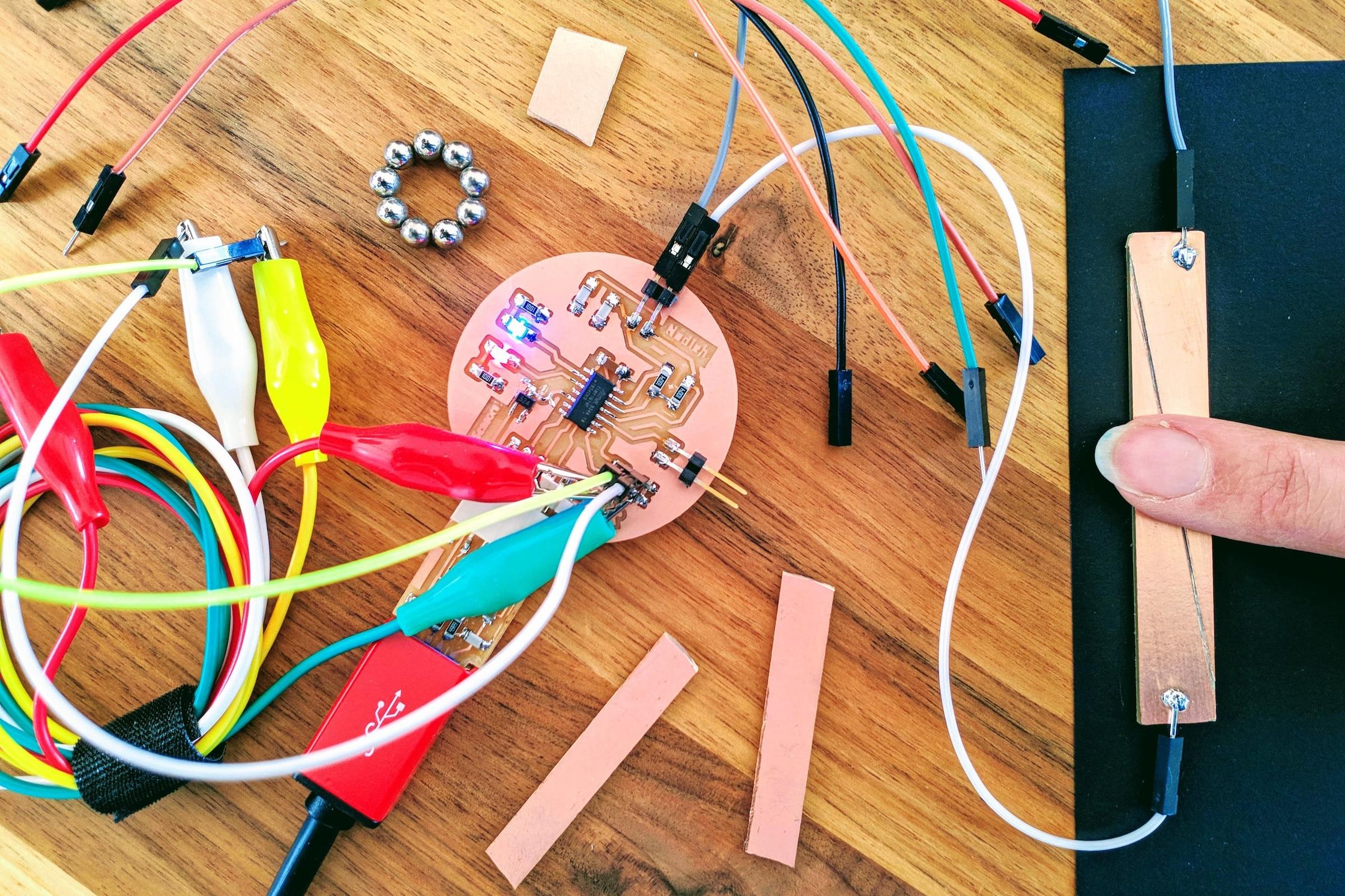On August 28th, I attended Sugata Mitra’s lecture in the Meervaart in Amsterdam, hosted by Stichting Orion.
For those who are familiar with his work, Mitra’s presentation displayed a fine overview of his previous Hole in the Wall experiments, evolving in his more recent Self-Organized Learning Environments (SOLE), in which he implements his ideas in a formal educational setting. For both newbie’s and die-hard fans, Mitra provided once again an incredibly inspiring presentation.
About 400 years ago, schools were designed and engineered to train people to become what was then needed in society; either an administrator, soldier or (factory) worker. And schools did their job. Nowadays, society needs different people, people that are able to solve problems creatively. And therefore, Mitra states:
"Schools with their military-industrial-religious origins are outdated and obsolete."
Perhaps a bit of a blunt statement, but we have been hearing similar ones regularly over last couple of years. Besides, most of us do realize educational change is inevitable, so it does not really sweep us of our feet. However, Mitra’s stories and anecdotes about the sometimes mind-blowing results of his experiments do. I will briefly elaborate on one.
"How to improve your pronunciation in the slums of Hyderabad? Children were learning English from local teachers, but they had a strong accent, so the children came up against barriers when trying to get a job, due to their strong accent. Mitra gave them a computer with a speech to text programme, Dragon. You speak into the computer and it types out what you said – if it understands you. They tried it and it produced complete nonsense. Mitra told them he’d leave it there for two months and they had to make themselves understood by it. They asked how. Having the perfected pedagogical technique, he said “I don’t know!”
Two months later: Asked one of the children, “How are you?” and he replied “Fantastic!” They had downloaded the speaking Oxford dictionary. You type a word in it and the dictionary speaks it back to you. They listened to it and tried mimicking it with Dragon."
The interesting thing about this is that it is education with a goal, and most of the times a highly ambitious one, but without pedagogy. Children themselves invent their own pedagogy.
A SOLE is based on this principle and is not that difficult to organize. All you need is broadband, collaboration and admiration. Kids need to be able to work on a computer in groups of 3 to 4. They should be free to discuss and deliberate, to check what other groups are doing and to change groups. Mitra points out that the level of reading comprehension of children cooperating in groups is almost three times as high compared to an individual child.
And this learning environment should in all times be safe. The ideal state for learning is a non-threatening one, since we know that humans’ basic response to threat is either flight or fight. And you need admiration; lots of encouragement and positive stimulation. To learn more about this, you should check the results of out the Granny in the Cloud project in which English-speaking grannies via webcams give positive feedback to non-English speaking children in India.
The most difficult part of a SOLE is actually to be able to ask a Big Question that stimulates children to start their research and to be dedicated to find the answer. The best advice is to to ask a question you yourself don’t know the answer to either. In Mitra’s experience ‘I don’t know, but I really would like to’ offers children an extremely strong trigger to commit themselves fully to a quest.
According to Chaos Theory, where order meets chaos, at what is called the edge of chaos, that is where the interesting things, where emergence happens. Mitra invites us to actively pursuit that emergence; to be less controlling and to think less and try more. And whilst trying, to observe very carefully what is actually happening.
I think that is something we can work with. In our upcoming FabSchool Kids on Wednesday afternoons, we will. You can download a SOLE toolkit here.


